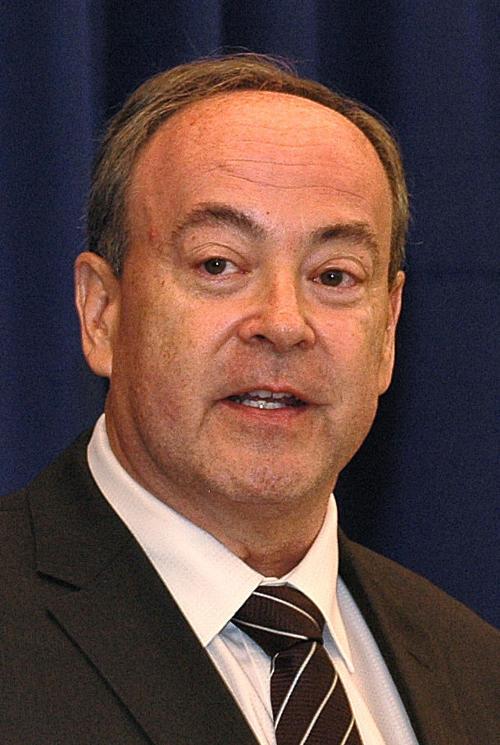PHOENIX — A federal judge on Friday questioned the legality of statutes that give tribal courts the right to decide adoption and foster-care placement of Native American children who have never lived on the reservation.
Judge Neil Wake said he is not questioning provisions of the Indian Child Welfare Act that govern the children of reservation residents. And the lawsuit challenging the law brought by the Goldwater Institute does not challenge that.
But Wake said what Congress has done is decide that, absent good reason, state courts should defer to the decisions made by tribal courts in matters of any child who can be considered an “enrolled member” of a tribe.
That simply means having Indian blood. And Wake questioned whether Congress could give tribal courts jurisdiction over those children.
The issue arises because the Goldwater Institute filed suit earlier this year on behalf of two children with some Native American blood, one from the Navajo Nation and the other from the Gila River Indian Community.
They had been placed with non-Indian parents with whom they had lived since they were infants. Attorney Clint Bolick said under Arizona law, a state court judge would determine permanent placement based on the “best interests of the child.”
What the federal law does, he said, is require the state judge to surrender that decision to a tribal court unless there is some compelling reason not to.
But Bolick seeks to do more than intercede in the case of these two children. He wants Wake to declare the federal law unconstitutional.
Dawn Williams, an assistant state attorney general representing the Department of Child Safety, told Wake that Congress had a good reason to enact the 1978 law giving preference to tribal courts. She said that for more than a century, state courts were guilty of “abusive practices,” removing Native American children from their homes so they could have a “better life” with Anglo parents.
And Assistant U.S. Attorney Christine Ennis said Congress recognized that tribal membership has “significant benefit” and that keeping Native American children with the tribe when possible connects them with tribal history and culture.
Wake, however, was skeptical of how far that right of tribes to control children with Native American blood extends.
He said there are situations where not only the children but their biological parents have never had any connection with the reservation and have chosen to live elsewhere. Wake said in doing that, they made a conscious decision to not be subject to tribal laws.
Ennis, however, said tribal authority does not cease simply because someone moves away.
“Tribes have always been held to have sovereignty over their members,” she told Wake. The judge questioned whether that means tribal courts have jurisdiction over anyone who has any Indian blood who is not living on a reservation. More to the point, Wake asked, can Congress give the tribes jurisdiction over child placement simply because the child’s off-reservation parent is a member of the tribe?
Ennis assured Wake that it can, even for off-reservation conduct. That answer appeared to surprise Wake, who wondered out loud how far that tribal court jurisdiction exists.
“I’m trying to discover where the boundaries are,” he told Ennis.
Wake said it would seem to interfere with a constitutional right of someone to move elsewhere if they did not want to be subject to certain laws.
For example, the judge said he may not like the ordinances adopted by the Phoenix City Council. “I’d rather live in Tucson,” he quipped. “It’s a nicer place to live.”
Ennis, however, rejected the parallel.
She said this is a case of someone who is a member of a sovereign tribe, the functional equivalent of being a citizen of another nation. And Ennis said leaving one’s country of citizenship does not immunize the person from prosecution under that country’s laws.
“I can move to Ireland and be subject to U.S. law,” she said. And, she said, “Congress has authority to legislate for protection of Indians anywhere.”
Williams pointed out to Wake that simply because a child has Indian blood does not strip state courts of all rights to decide where to place a child. She said both state and federal law allow a state judge to ignore a request by a tribe to have jurisdiction in placement if there is “good cause.”
Friday’s hearing was not a trial on the law itself, but instead for Wake to decide whether the Goldwater Institute gets to make its case.





